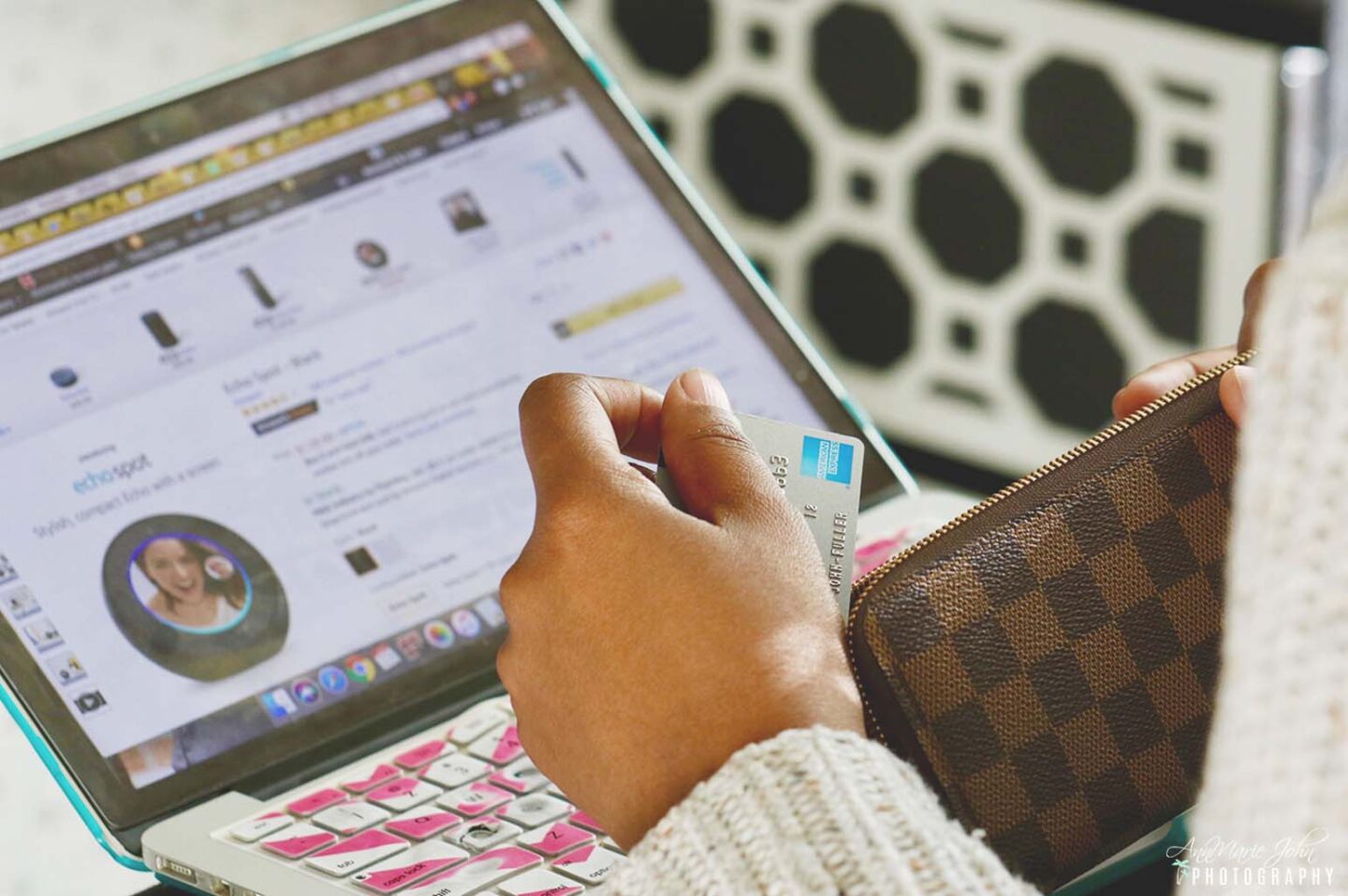We’re all very familiar with credit cards, but they aren’t the only cards your bank offers. You’ve probably heard of a debit card, but what is it really? How does it differ from a credit card, and why might you want one? These are just a few of the questions we plan to answer below.

What is a Debit Card?
You will usually be issued a debit card when you open a checking account with a financial provider. Many allow you to earn rewards, which we’ll discuss in more detail later. They are just as secure as your other bank cards and require you to set up a pin number that needs to be used when making transactions. This adds an additional level of security. However, much like any other password-protected thing, you need to choose a pain that is not predictable. It is also important that you do not share it with other people as this will give them access to your account.
How Is It Different From a Credit Card?
While they look identical in your wallet they are weighted quite differently. When using a credit card you are essentially using credit, What this means is that you are borrowing from the credit that is on the card with the intention of paying it back at a later stage. When using a debit card, you are using your money directly from your account. You do not need to pay anything back into it at a later stage. This means that you don’t get charged interest on your spending.
Credit cards offer a “grace period” before the purchase reflects on your account, whereas debit cards reflect on the account immediately. This is a pro as well as a con of using a debit card. The pro is that you aren’t expected to pay the money back at a later stage and don’t run the risk of missing the repayment and being slapped with hefty repayment fines. The con is that you can’t borrow money that you don’t have. If you do not have enough money in your account at that moment, the transaction will not go through… Unless you have an overdraft.
If you overspend and have allowed your bank to grant you this service, your balance will be reflected in the negative and be known as an “overdraft.” Overdraft fees can also get pretty pricey if left untreated. It is important that you keep an eye on your balance.
So, let’s take a look at a few times when it’s better to pull out the debit card.
1. When You Need Quick Access To Cash
If you need to withdraw cash from an ATM you can use either your credit card or debit card. Why should you bother with having two cards that serve the same function? Well, when you withdraw cash using your credit card, it is considered an advance, and you are immediately charged interest. Cash advances end up being more of a pain than they are worth and get very expensive very quickly.
When you use an ATM from your bank, not only are you not charged interest on the withdrawal, but it is completely free. This is because you are not borrowing money from an institution but using the money you have in your account. If you use an ATM from another bank you will be charged an ATM fee, but these usually aren’t too expensive.
2. To Manage Spending Better
It is easy to get carried away when spending with your credit card. This can land you in a troublesome spot of debt. If you find yourself doing this, it might be better to stick to your debit card. This can help you better manage your spending. You can’t spend what you don’t have.
3. When Your Debit Card Offers Rewards
If you have had an issue with overspending in the past and it has given you limited credit opportunities, as a result, consider looking for a debit card that offers you rewards for healthy spending habits. Most debit cards come with rewards, but some have better options than others. Keep an eye out for one that benefits you.
4. To Avoid Merchant Fees
When using a credit card there are quite a few merchants who make you pay a surcharge. This is essentially charging you the fees they would have to pay for your credit payment to be processed. This is not the case with a debit card.

Your debit card might look just like any other card in your wallet, but it has a few key functions that set it apart from your other go-to pieces of plastic. Be sure to always practice safe spending. We hope that you found this informative and that it has cleared up any confusion you might have had.
